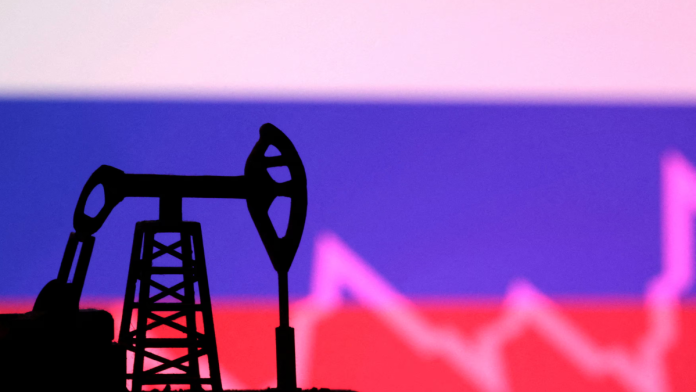Canada has tightened its economic pressure on Russia by lowering the international price cap on Russian oil. The new price limit has been reduced from 60 dollars to 47.6 dollars per barrel. This marks a 12 percent decrease.
The measure is aimed at cutting down Russia’s oil revenue, which remains one of its biggest sources of income. By reducing the money flowing from oil sales, Canada and its partners want to limit Russia’s ability to fund its war in Ukraine.
Canadian Finance Minister François-Philippe Champagne announced the step and underlined that sanctions will remain firmly in place. He stated that they are meant to stay strong, targeted, and effective for as long as necessary. Officials also explained that the adjustment has been made to reflect current oil market realities while sending a strong message that the sanctions regime will not be softened.
This action is part of a much wider strategy where economic measures are used as tools to curb Moscow’s ability to keep financing its military operations. By hitting energy revenues, Canada is targeting one of the most crucial pillars of Russia’s economy.
US sanctions target Iraqi Kittitian businessman accused of running Iranian oil shipping network
Sanctions Coordinated With Allies
Canada did not act on its own when deciding to lower the oil price cap. The decision has been closely coordinated with both the European Union (EU) and the United Kingdom (UK). Acting together ensures that Russia faces consistent pressure from a broad coalition of countries.
In July, the EU approved its 18th package of sanctions against Russia. This included reducing the oil price ceiling from 60 dollars to 47.6 dollars per barrel, the same level now adopted by Canada. The UK has joined in as well, strengthening the united front against Russia’s war financing.
The EU package also brought in an automatic and dynamic mechanism for setting future price limits. According to this rule, the cap must always stay at least 15 percent lower than the average market price of Russia’s Urals crude oil in the previous reporting period. This makes the cap responsive to market changes while keeping steady downward pressure on Russian earnings.
By aligning its decision with both the EU and the UK, Canada ensures that its sanctions cannot be easily bypassed. With major economies enforcing the same price ceiling, Russia faces fewer opportunities to find gaps or alternative markets that pay above the cap. This alignment also sends a political signal of unity among allies who continue to stand firmly together.
Canada eases trade stance with U.S. as Carney confirms removal of several tariffs
Impact on Russia’s Oil Revenue
Oil remains one of Russia’s largest exports and the backbone of its national income. Revenue from oil sales provides billions of dollars each year, money that flows directly into the state budget. By lowering the cap, Canada and its allies are striking at this vital source of funds.
The price cap is not designed to stop Russia from selling oil altogether but to restrict the profit it makes from those sales. Countries and companies that want to access essential services such as shipping, insurance, and finance from sanctioning states must follow the cap rules. This ensures that even if Russia continues selling crude, it is forced to do so at much lower earnings.
The latest 12 percent cut adds to a chain of previous sanctions, steadily squeezing Moscow’s finances. Minister François-Philippe Champagne explained that the reduction will keep the pressure strong without destabilizing global oil markets. The goal is to deny Russia excessive profits while still ensuring that international energy supplies remain stable.
For Canada, the EU, and the UK, this coordinated action is another important step in their wider sanctions campaign. Each move is carefully designed to maintain economic pressure, block new revenue streams, and signal that restrictions will stay in place as long as needed.
